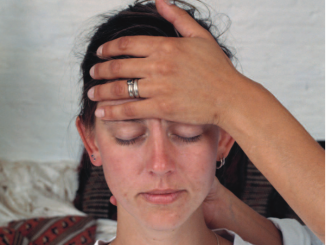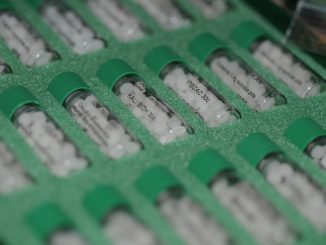“Breast cancer can be cured just being aware of the disease and doing nothing”. It’s just one of the many senseless things attendees heard at the congress A World Without Cancer: what your doctor is not telling you, held last month in Barcelona (Spain). Other absurdities include: “There are spots that are called ‘cancer spots’ and sometimes it’s just a matter of moving your bed a couple of feet to get away of them and save your life.” or “If you eat something feeling that it is going to give you cancer, it will”.
Predictably, the scientific community in Spain – with support from journalists and the media – had an explosive reaction, even before the congress took place. In fact, the Department of Health of Catalonia sent inspectors to the aforementioned congress when alarms were sounded by the Medical Association of Barcelona, as reported by El País and others. Also showing concern, El Español newspaper published the profiles of the “six tricksters” participating in the congress, promising “a world without cancer”, all of them old acquaintances in the area of pseudoscience (so-called experts in Naturopathy, Orthomolecular Medicine, Biodecoding or Iridology).
Considering these precedents, all eyes turned to the event, that didn’t disappoint expectations. For a few days, it has sparked a big controversy in the media due to the absurd and risky asserts made by the speakers. Some of them tried to (mis)use scientific evidence, spinning it to defend their pseudoscientific theories, combining science and pseudoscience in order to gain credibility. One of the authors of a study quoted and distorted in the congress – Joaquim Bosch Barrera, leader of the Lung Cancer Unit at Catalan Institute of Oncology (ICO) – decided to initiate a Twitter thread with the purpose of responding and refuting all the distortions made in the event.
All this has reignited the debate in Spain about allowing the celebration of such events and around the public acceptance of alternative treatments, homeopathy and pseudosciences in general (sometimes influenced by public figures and celebrities that support these therapies, as addressed recently by medical doctor Lisa Pryor in The New York Times). Paradoxically, in the information era, when more knowledge is available to bring down hoaxes, the trust on them seems to be rising in parts of the population.






Leave a Reply